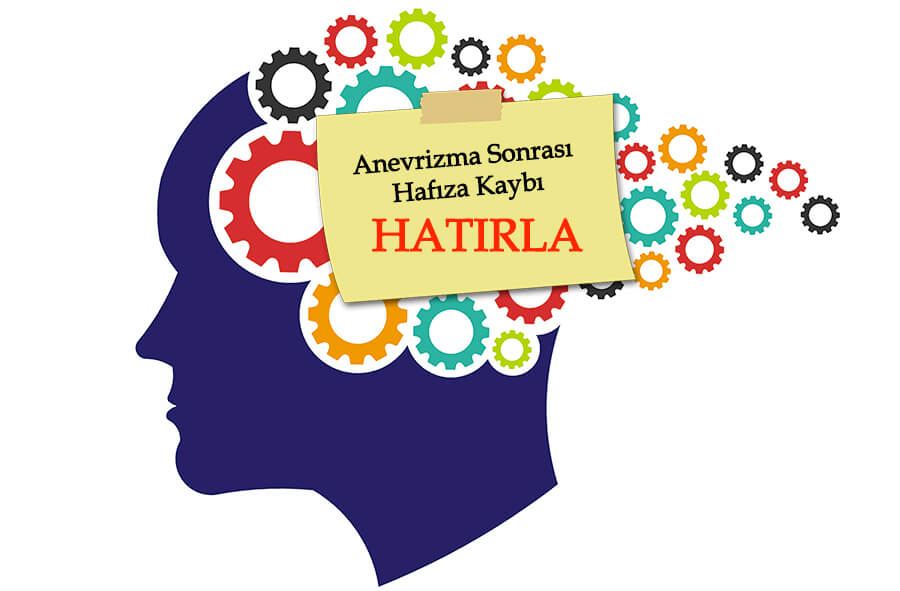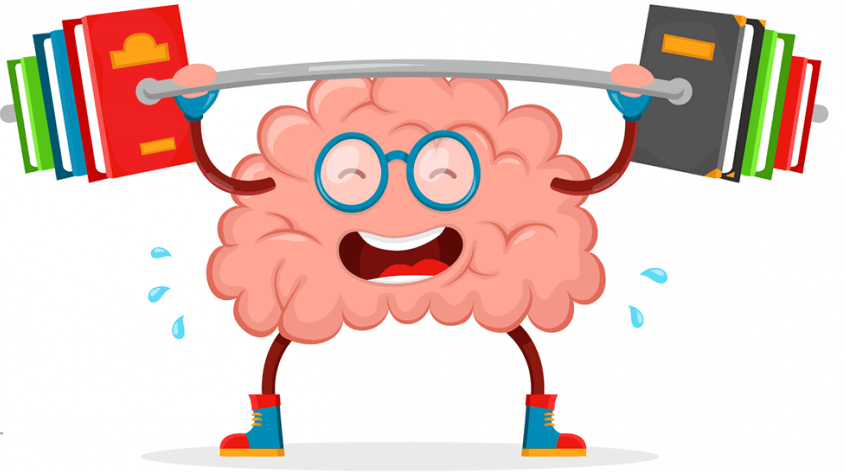
Memory Loss After Bleeding Brain Aneurysm
Even when discharged from hospital after a bleeding brain aneurysm, the treatment of a brain hemorrhage is a major life event that takes a long time. Especially after open surgery for aneurysm or bleeding brain aneurysm, patients may experience long or short-term physical, cognitive and emotional they face changes. Patients may experience short and long term memory loss. Especially after a bleeding brain aneurysm Our patients should be aware that they may require prolonged treatment and rehabilitation to recover and regain their health.
Patients with cerebral hemorrhage after a ruptured aneurysm have a longer recovery time than patients whose aneurysm is treated without bleeding. How long the recovery period will be and whether the memory loss, if any, will be permanent depends on the patient's general health, age and the affected area of the brain. will differ. An elderly, bleeding patient may need rehabilitation, whereas a young patient may be restored to health without the need for a rehabilitation process. will be able to achieve it.
Brain aneurysm survivors often ask how long their recovery will take. Unfortunately, we do not know how long it takes to recover after aneurysm treatment, If there is memory loss, it is not possible to say with certainty in advance when it will improve.
Our aneurysm and brain hemorrhage patient and his/her family must maintain faith that they will recover. When a baby is born, the cognitive level cannot comprehend many things. But the baby's passion for life, its determination to learn, its never giving up trying, soon leads to incredible brain learning and to develop. The general rule: if the brain is alive, it will continue to learn. Therefore there is always hope.
As with other cells of the brain, other brain cells can take over some of the lost brain functions in the memory part over time. This can only be achieved by perseverance and faith in the rehabilitation process after aneurysm surgery.
Recommendations for the treatment of memory loss after an aneurysm
Memory takes place in many parts of the brain. If bleeding after a brain aneurysm or aneurysm surgery affects any of the areas that control memory if it harms someone, there will be problems with the person's memory.

Survivors of an aneurysm, especially if it is a bleeding aneurysm, usually do not remember much of what happened in the hospital at the time of the bleeding. But not remembering what happened in the hospital and the event it's normal. Because it is a moment of trauma and the brain may not remember this moment of trauma.
Most survivors regain their memory as they recover. However, patients with damage to the memory part of the brain may not have short-term memory or prospective They may have difficulty with cognitive memory for many years. Such patients can easily recall events from ten years ago, but have difficulty remembering what happened the day before. they may not remember what they ate, where they put the key, etc.
Some patients may experience a decrease in their ability to learn and comprehend information. This can lead to difficulties in learning new things and in building on topics. will happen. The following strategies can help to deal with these problems.
To assimilate knowledge:
●Make connections with the facts in your memory: Relate new information to old information in your memory.
●Simplify Do not try to learn with logically and linguistically difficult sentences. Shorten sentences for easier understanding. Use big words for better focus. break down the data into interrelated chunks.
●Record Install apps on your smartphone that record what you learn. Take notes on your phone or write notes on paper to refresh your memory.
To help memory:
●Repeat and rehearse to commit information to memory. Immediately after someone says something or you learn something, repeat it to yourself. Then wait for a while and repeat it again to see if you remember it. Repeat at regular intervals throughout the day to commit the information to memory. If you cannot remember, take clues from the notes you have taken to help you retain the information.
●Plan your day Use a calendar, smartphone or sticky notes to plan your day.
●Write down your plans. Make sure you write down all the important points such as appointments, social events, birthdays, medication times, etc.
●Create a personal notebook. Write down your thoughts about people and things you need to remember in this notebook on a daily basis.
● Establish daily routines. Routines solidify and anchor memories so that they can be recalled much faster and with less frustration. Keys Put items you use daily, such as medicines, in the same place every time. Every evening, review the day's events and try to remember the details.
●Games such as crossword puzzles and word searches help memory.
For information and treatment, you can contact Associate Professor Dr. Ali Yilmaz here.